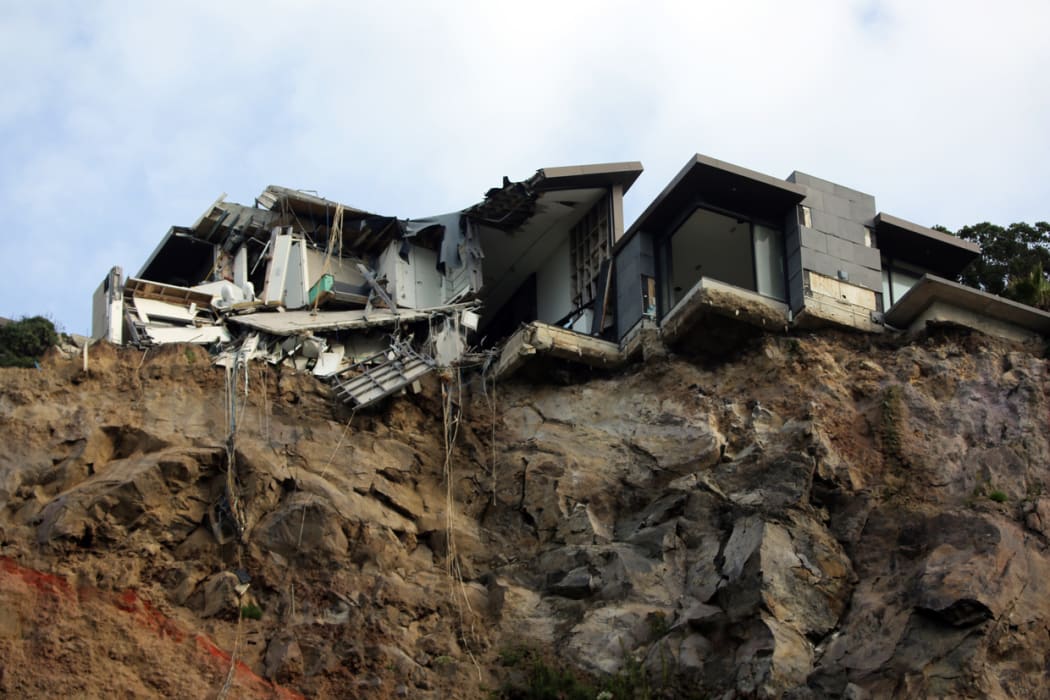New research shows many Cantabrians are still struggling to cope with the aftermath of the damaging earthquakes.
The All Right? Campaign reveals many in the South Island region are still grieving and finding life difficult following serious quakes including the fatal tremor in February 2011.

An earthquake-damaged home in the Christchurch suburb of Sumner Photo: RNZ / Diego Opatowski
Eight-hundred people in greater Christchurch were interviewed and many are still struggling three years on.
More than two-thirds said they're still grieving for what was lost, and 65 percent - 10 percent more than two years ago - said they're tired.
Even those whose insurance claims have been settled say they are stressed and frustrated.
Most residents said authorities have the wrong priorities, with many saying it makes them angry. On the other hand, more than 80 percent say they now had a better sense of what was important.
Health experts said stress levels remain high and people should look after themselves and others.
The Canterbury District Health Board said the findings are reflected in greater demand for psychiatric emergency services, and child and youth mental health services.
The All Right? Campaign was launched in early 2013 to help Cantabrians recover from the psychological effects of the quakes three years ago and associated secondary stress factors.
It is led by the Mental Health Foundation and the Canterbury DHB, with backing from organisations including the Red Cross, CERA, government ministries and councils.
Other main findings:
- Respondents were more likely to feel in control of their life if their EQC property claim had been settled, compared with others
- Fewer respondents worry now about another big earthquake happening than in 2012
- More than three-quarters of respondents felt that the gap between haves and have-nots has widened
- Three-quarters of respondents try not to let their children see them worried or anxious
- Almost all respondents with children under 18 at home said they were doing well or very well. However, 10 percent (up from 2 percent in 2012) reported more physical and mental health issues for children, and more social and personal challenges were also reported for children
- More than a third said they're doing fewer leisure activities than three years ago
- A third have more health issues than before the quakes, while a fifth are drinking more alcohol
- Fewer respondents are experiencing financial problems because of the quakes, compared to 2012.

